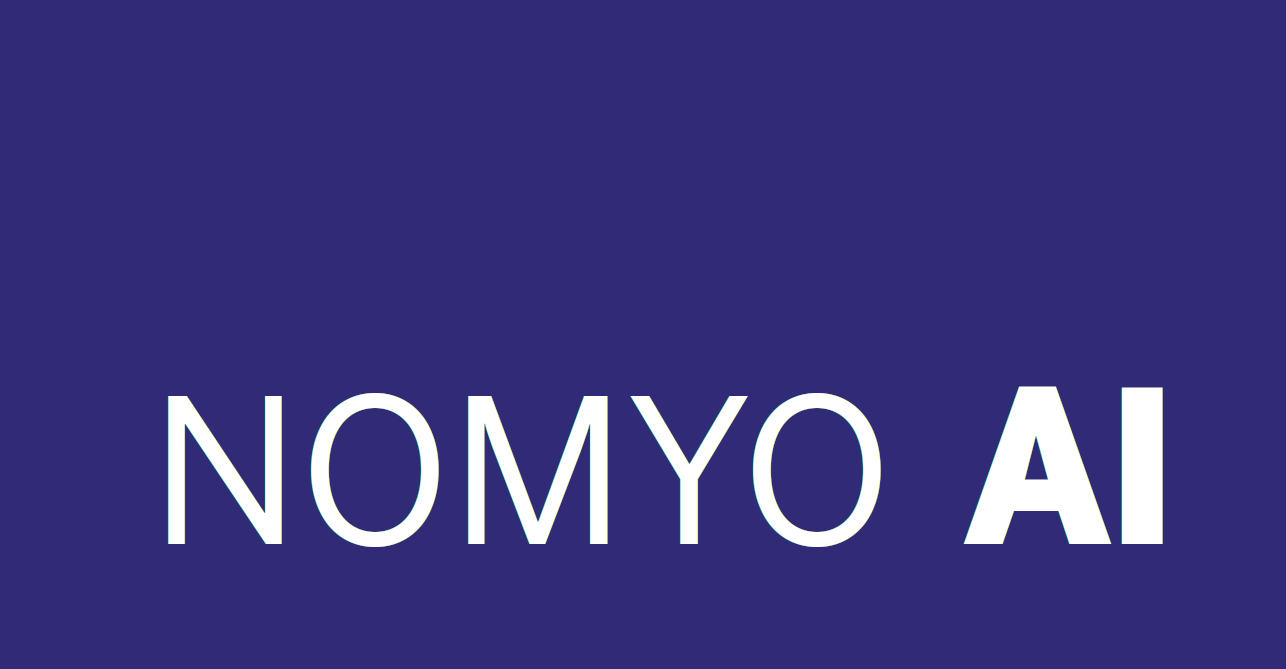By Holly_Wood March 3, 2025
Nomyo Usage Policy
Effective 21 February 2025
We’ve updated our usage policies to be more readable and added service-specific guidance. Customers may sign up to receive notifications of new updates to our usage policies by filling out this form. We aim for our tools to be used safely and responsibly, while maximizing your control over how you use them. By using our services, you agree to adhere to our policies. We have established universal policies applicable to all our services, as well as specific policies for builders who use our Services, including our API, to create applications for themselves or others. Violating our policies could result in action against your account, up to suspension or termination. We also work to make our models safer and more useful, by training them to refuse harmful instructions and reduce their tendency to produce harmful content. We believe that learning from real-world use is a critical component of creating and releasing increasingly safe AI systems. We cannot predict all beneficial or abusive uses of our technology, so we proactively monitor for new abuse trends. Our policies will evolve based on what we learn over time.
Universal Policies
To maximize innovation and creativity, we believe you should have the flexibility to use our services as you see fit, so long as you comply with the law and don’t harm yourself or others. When using any NOMYO LLC service, these rules apply:
Comply with applicable laws—for example, do not:
Compromise the privacy of others;
Engage in regulated activity without complying with applicable regulations;
Promote or engage in any illegal activity, including the exploitation or harm of children and the development or distribution of illegal substances, goods, or services;
Use subliminal, manipulative, or deceptive techniques that distort a person’s behavior so that they are unable to make informed decisions in a way that is likely to cause harm;
Exploit any vulnerabilities related to age, disability, or socio- economic circumstances;
Create or expand facial recognition databases without consent;
Conduct real-time remote biometric identification in public spaces for law enforcement purposes;
Evaluate or classify individuals based on their social behavior or personal traits (including social scoring or predictive profiling) leading to detrimental or unfavorable treatment;
Assess or predict the risk of an individual committing a criminal offense based solely on their personal traits or on profiling;
Infer an individual’s emotions in the workplace and educational settings, except when necessary for medical or safety reasons; or
Categorize individuals based on their biometric data to deduce or infer sensitive attributes such as their race, political opinions, religious beliefs, or sexual orientation.
Don’t use our service to harm yourself or others—for example, don’t use our services to promote suicide or self-harm, develop or use weapons, injure others or destroy property, or engage in unauthorized activities that violate the security of any service or system.
Don’t repurpose or distribute output from our services to harm others—for example, don’t share output from our services to defraud, scam, spam, mislead, bully, harass, defame, discriminate based on protected attributes, sexualize children, or promote violence, hatred or the suffering of others.
Respect our safeguards—don’t circumvent safeguards or safety mitigations in our services unless supported by Nomyo or related to research conducted in accordance with our Sharing & Publication Policy. We report apparent child sexual abuse material (CSAM) to the National Center for Missing and Exploited Children.
Building with the Nomyo Platform
The Nomyo Platform allows you to build entirely custom applications. As the developer of your application, you are responsible for designing and implementing how your users interact with our technology. To make this easier, we’ve shared our Safety best practices, and offer tools and customizable system messages. We recognize that our API introduces new capabilities with scalable impact, and so we have service-specific policies that apply to all use of our APIs in addition to our Universal Policies:
Do not compromise the privacy of others, including, but not limited to:
Collecting, processing, disclosing, inferring or generating personal data without complying with applicable legal requirements;
Using biometric systems for identification or assessment, including facial recognition; and
Facilitating spyware, communications surveillance, or unauthorized monitoring of individuals.
Do not perform or facilitate the following activities that may significantly impair the safety, wellbeing, or rights of others, including, but not limited to:
Providing tailored legal, medical/health, or financial advice without review by a qualified professional and disclosure of the use of AI assistance and its potential limitations;
Making high-stakes automated decisions in domains that affect an individual’s safety, rights or well-being (e.g., law enforcement, migration, management of critical infrastructure, safety components of products, essential services, credit, employment, housing, education, social scoring, or insurance);
Facilitating real money gambling or payday lending;
Engaging in political campaigning or lobbying, including generating campaign materials personalized to or targeted at specific demographics; and
Deterring people from participation in democratic processes, including misrepresenting voting processes or qualifications and discouraging voting.
Do not misuse our platform to cause harm by intentionally deceiving or misleading others, including:
Generating or promoting disinformation, misinformation, or false online engagement (e.g., comments, reviews);
Impersonating another individual or organization without consent or legal right;
Engaging in or promoting academic dishonesty; and
Failing to ensure that automated systems (e.g., chatbots) disclose to people that they are interacting with AI, unless it’s obvious from the context.
Do not build tools that may be inappropriate for minors, including:
Sexually explicit or suggestive content. This does not include content created for scien

